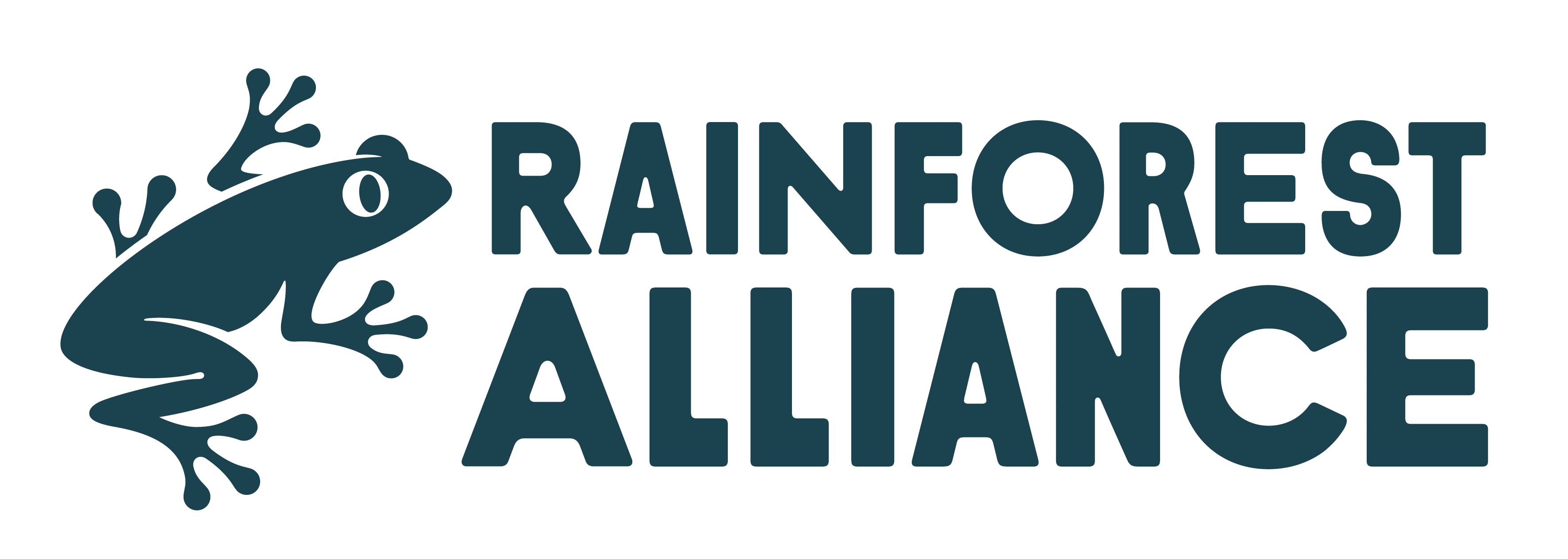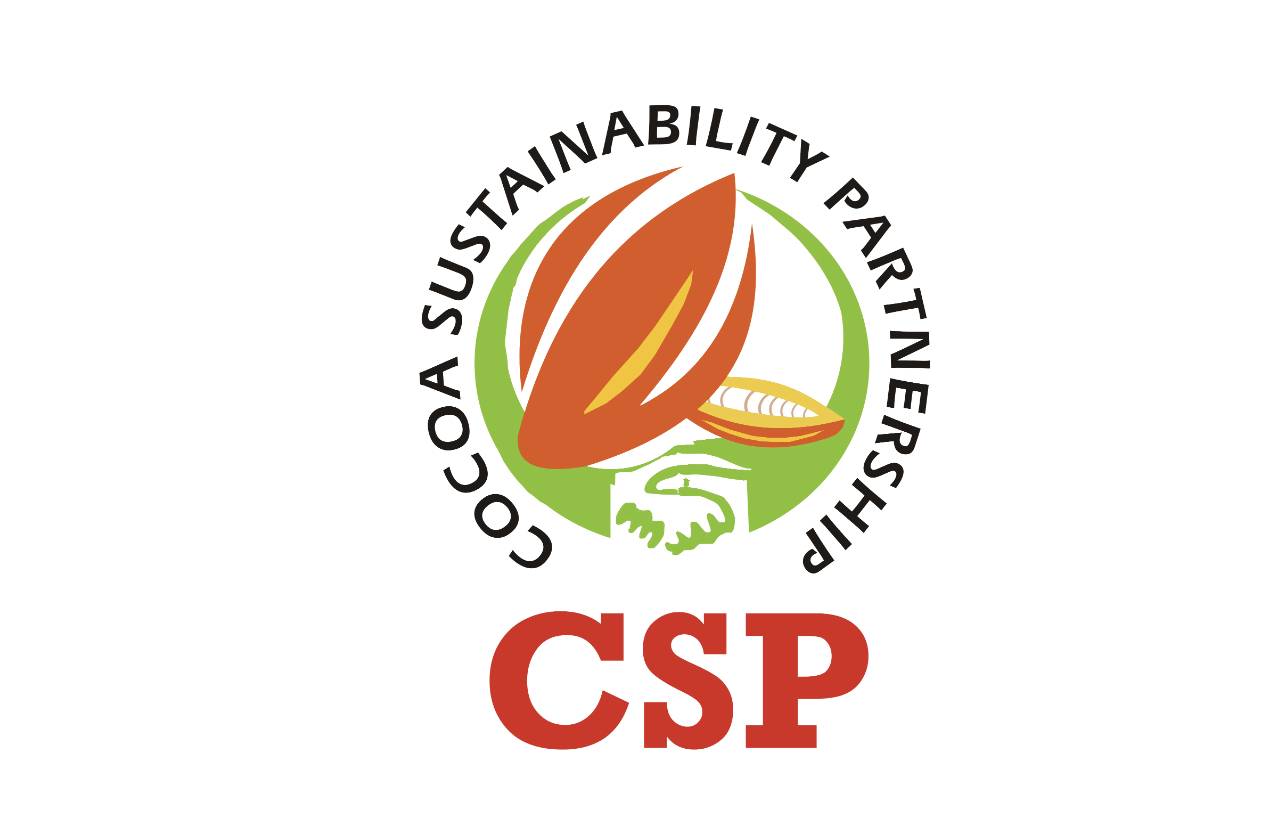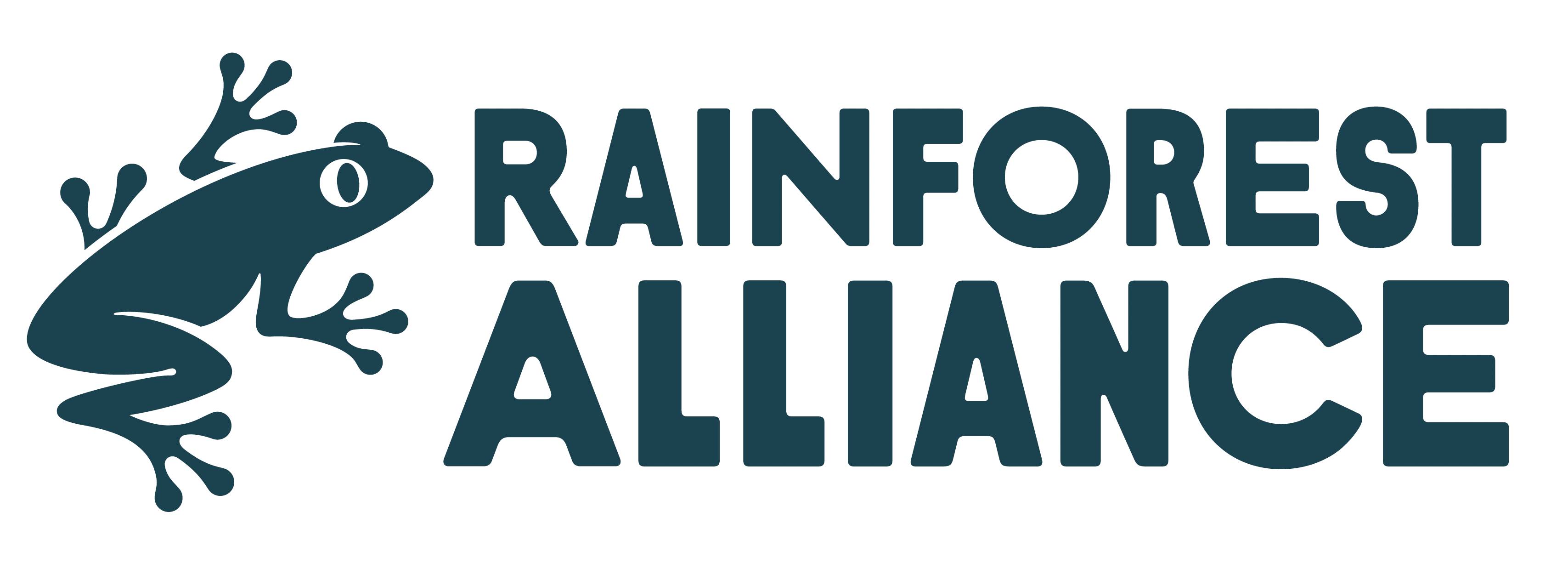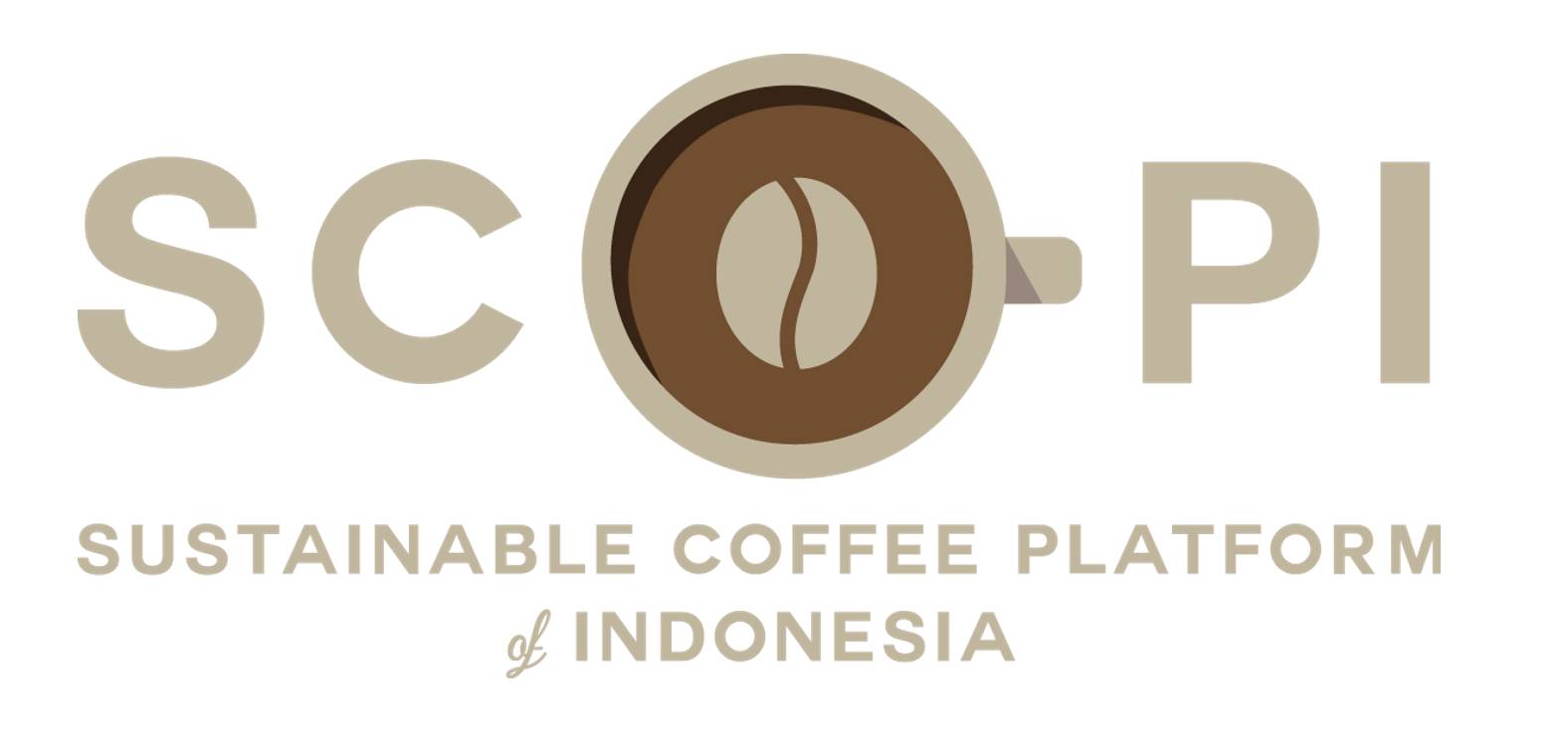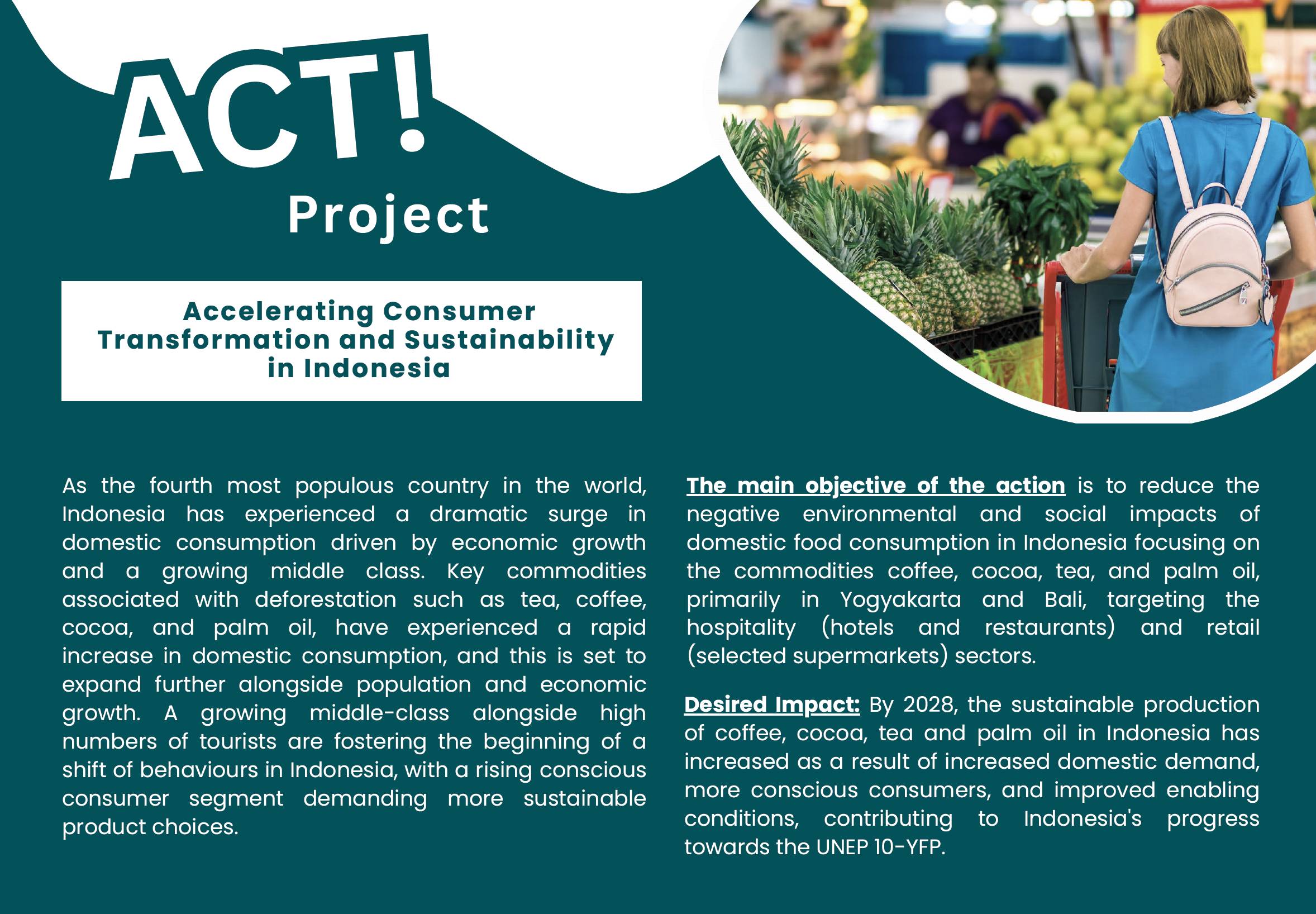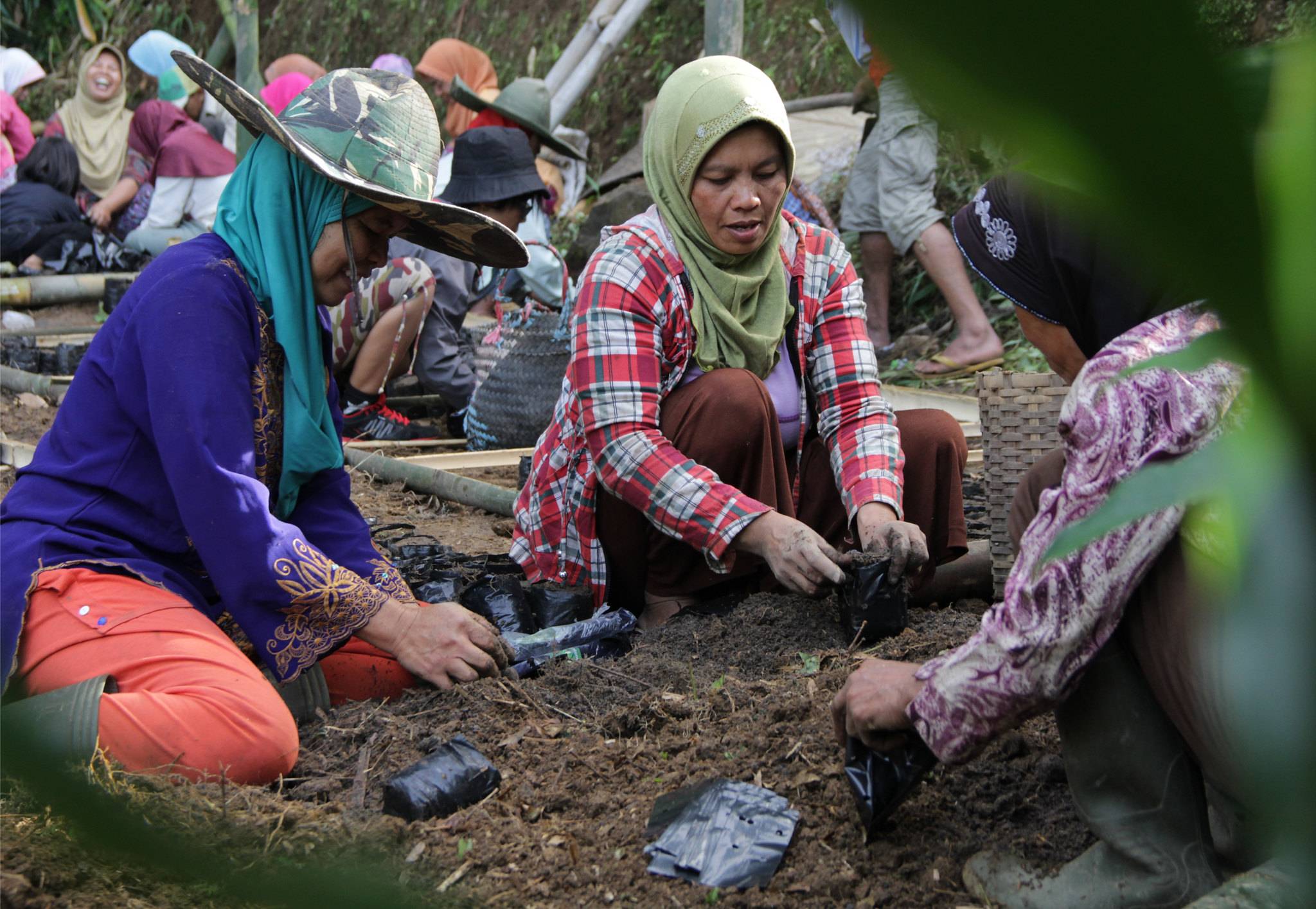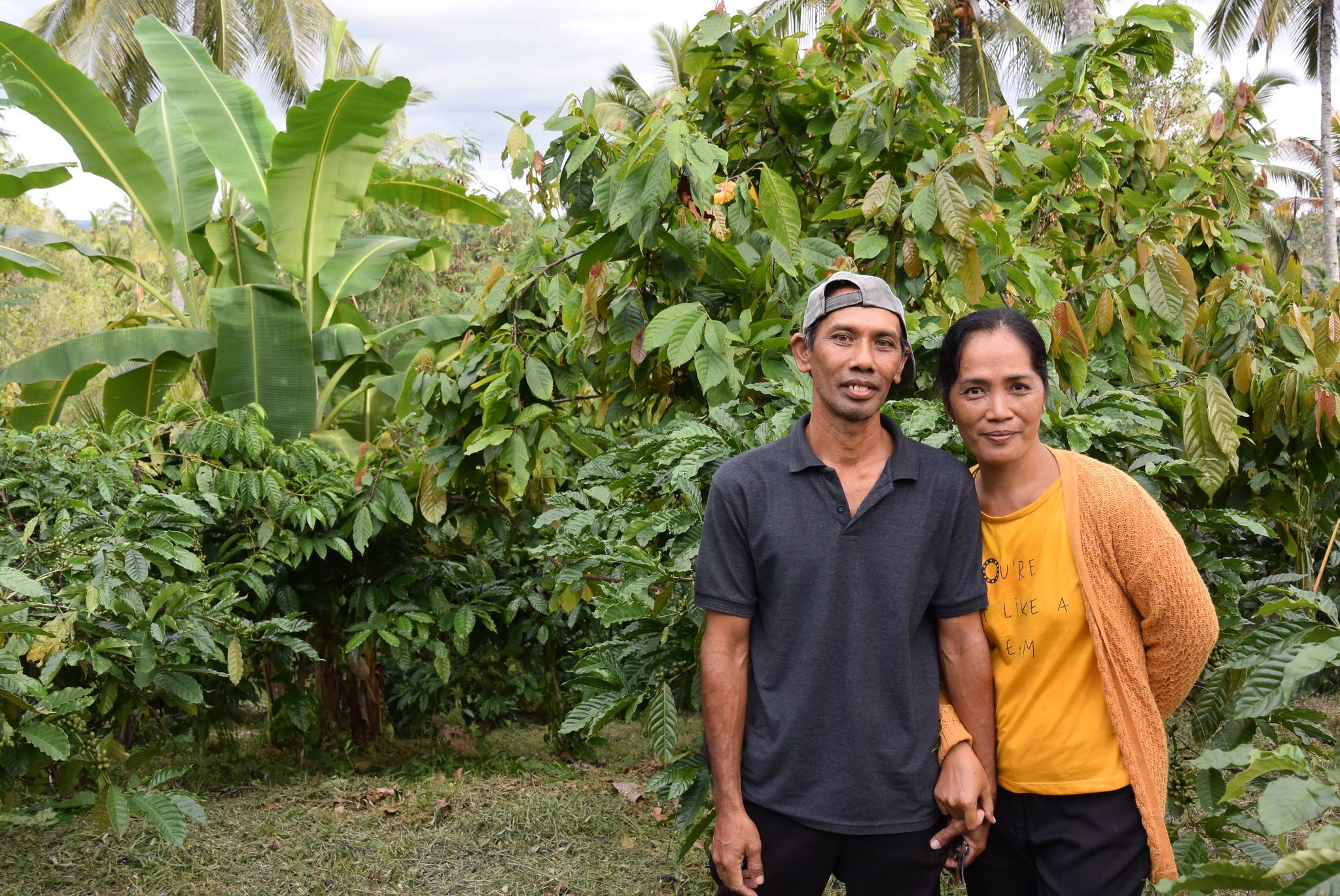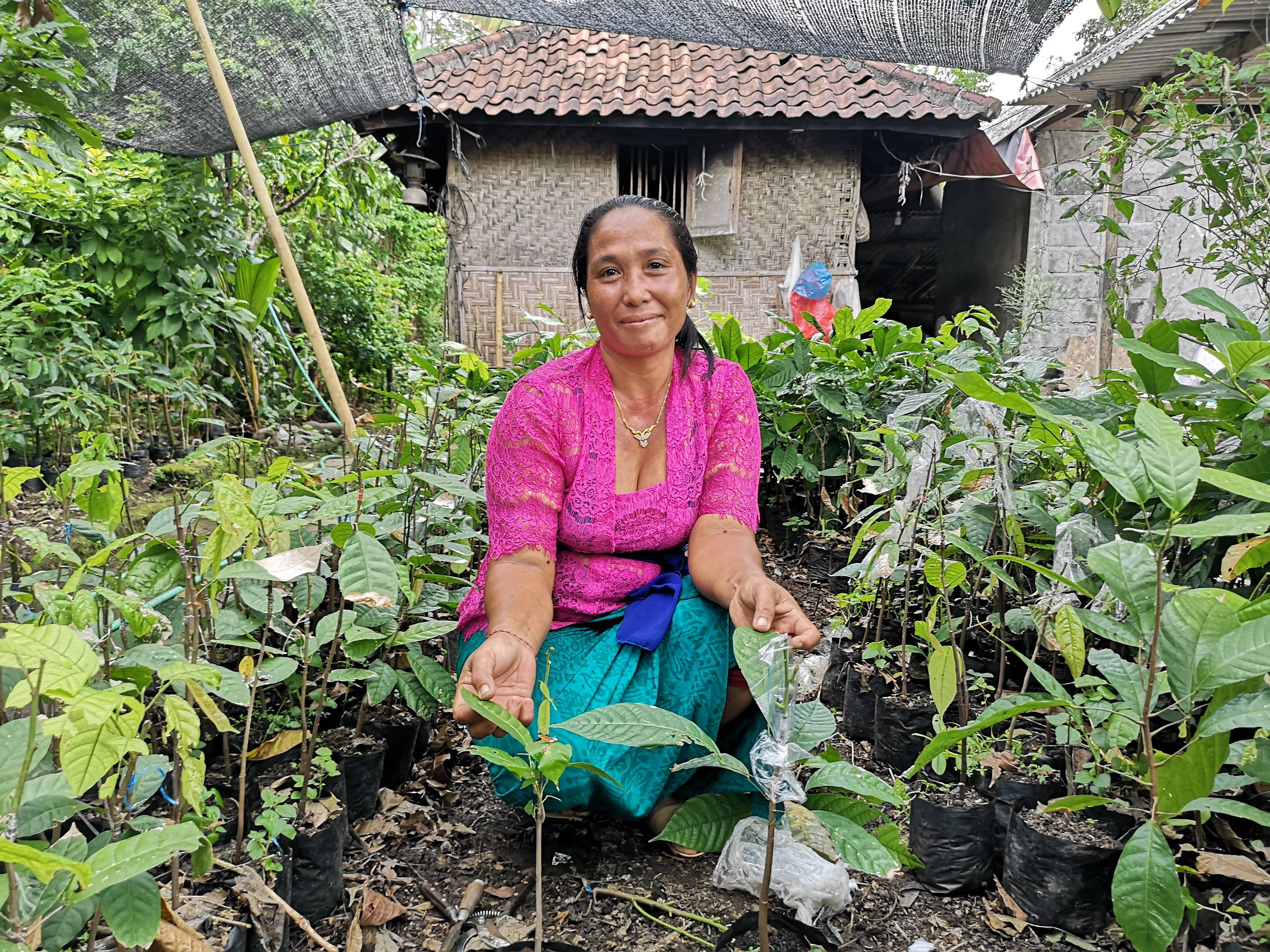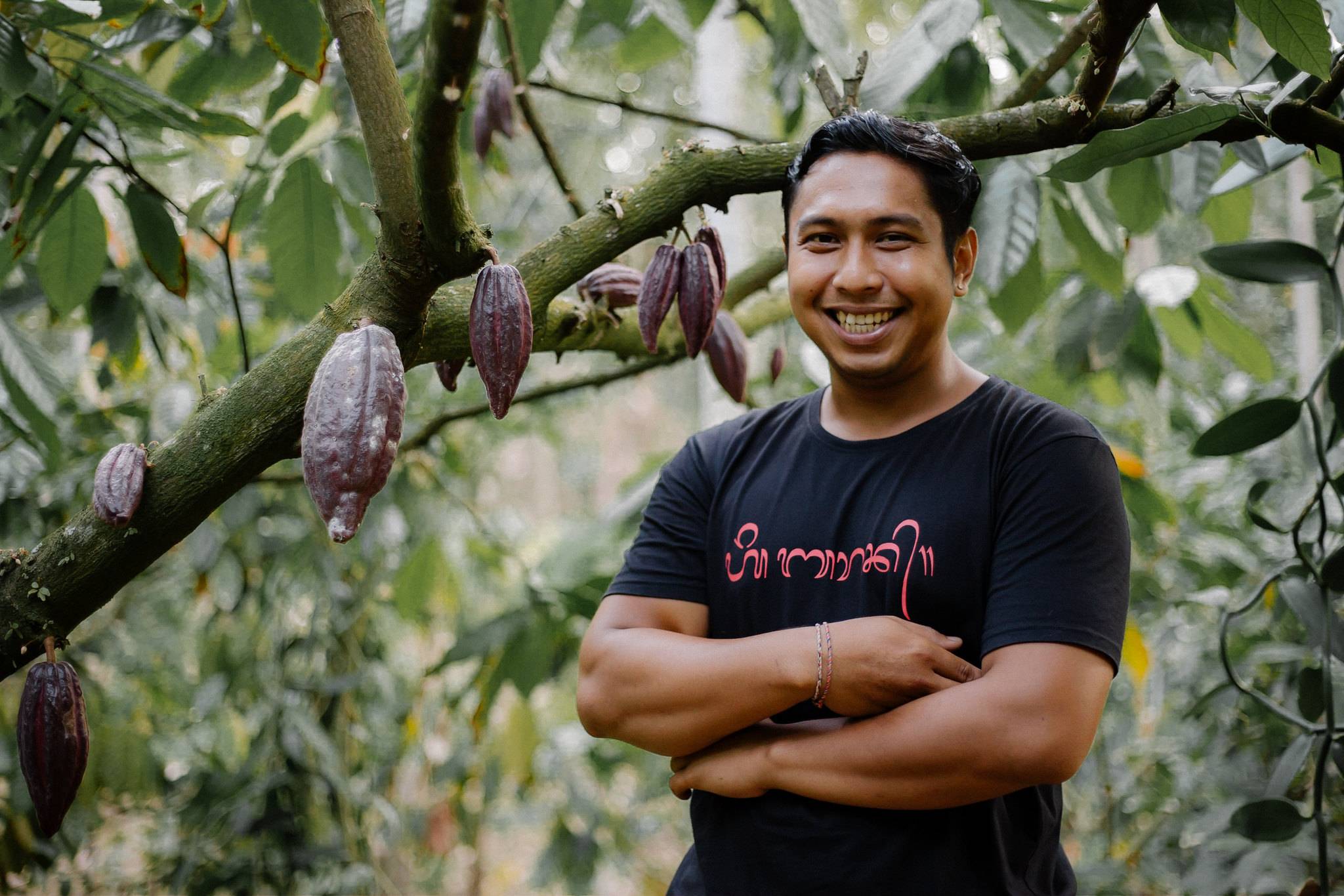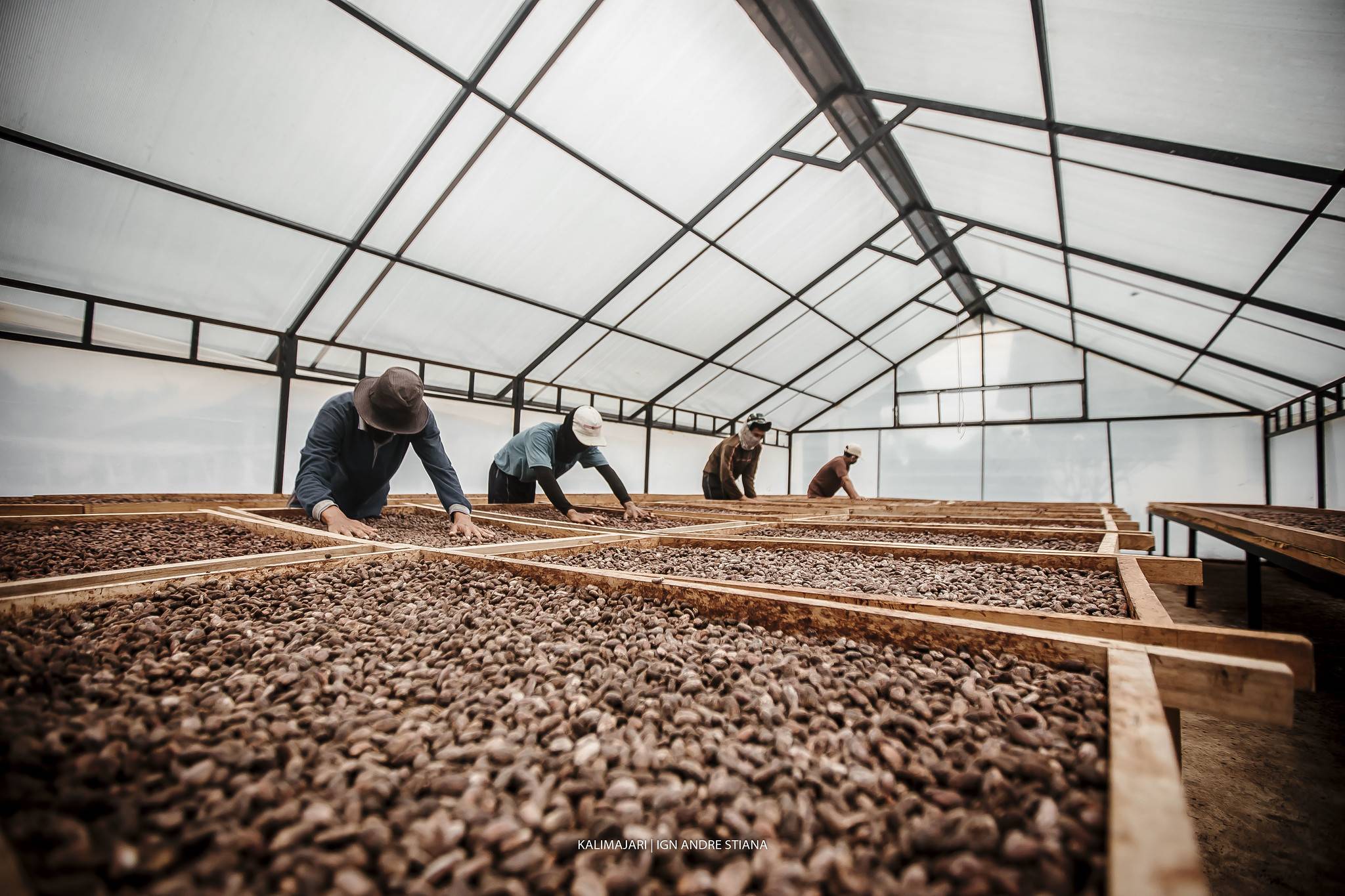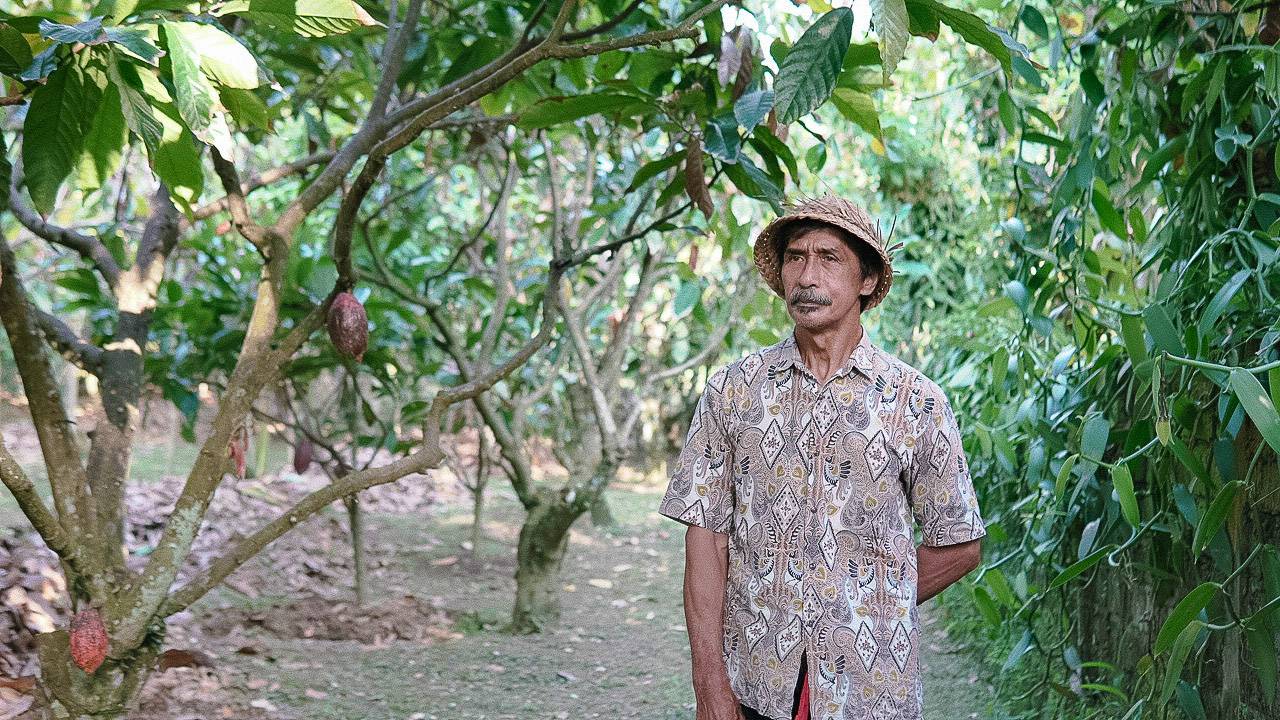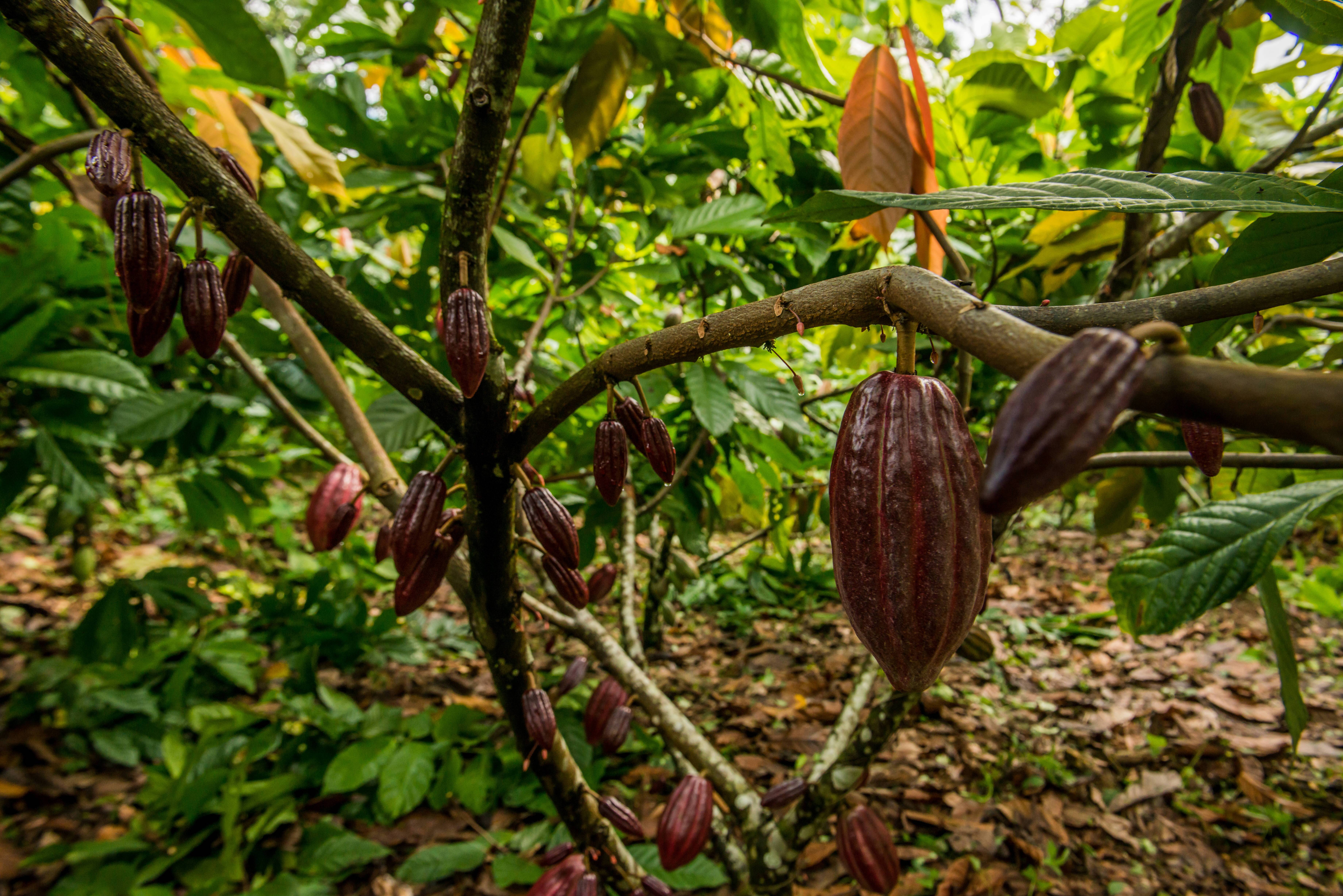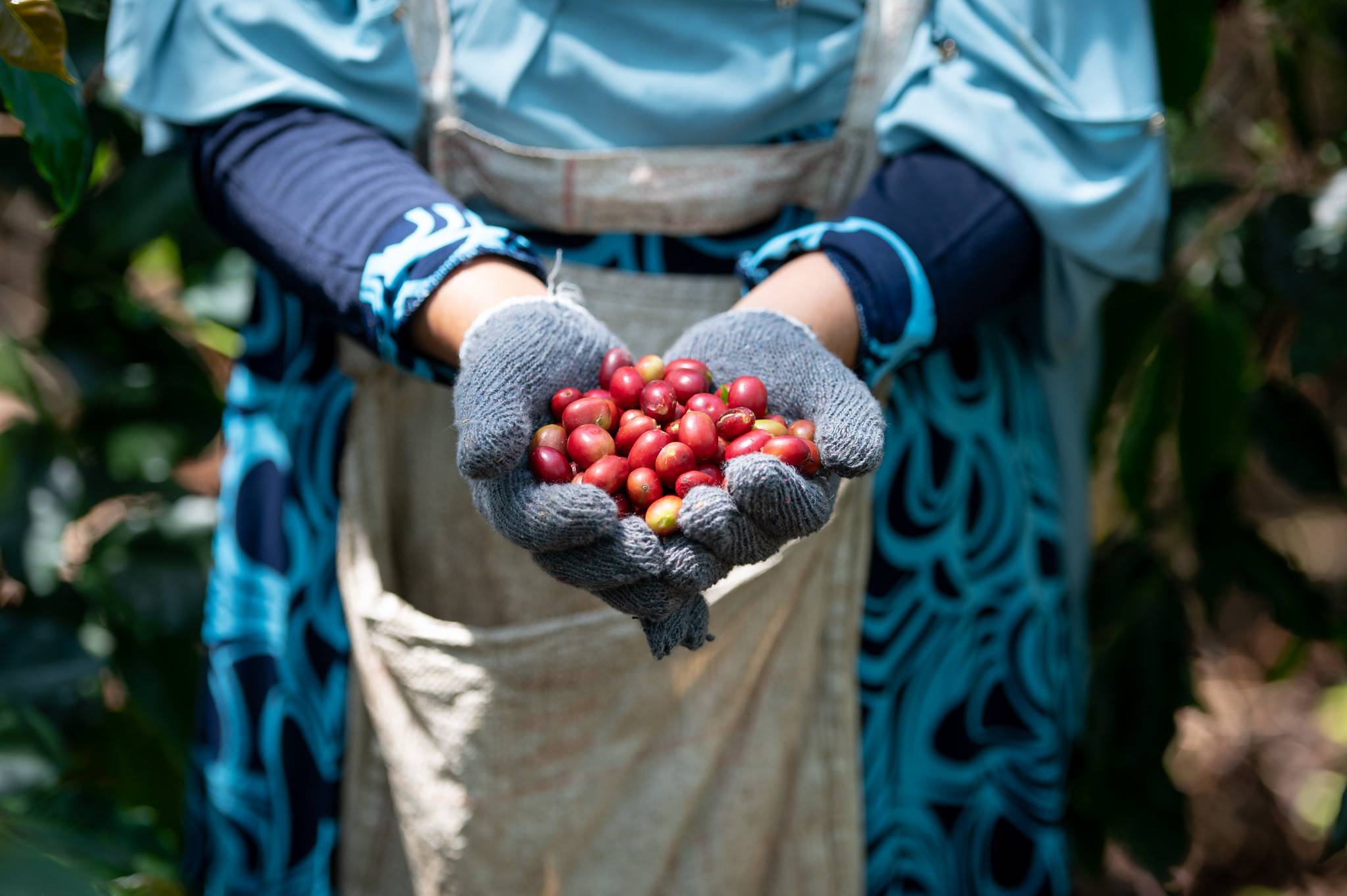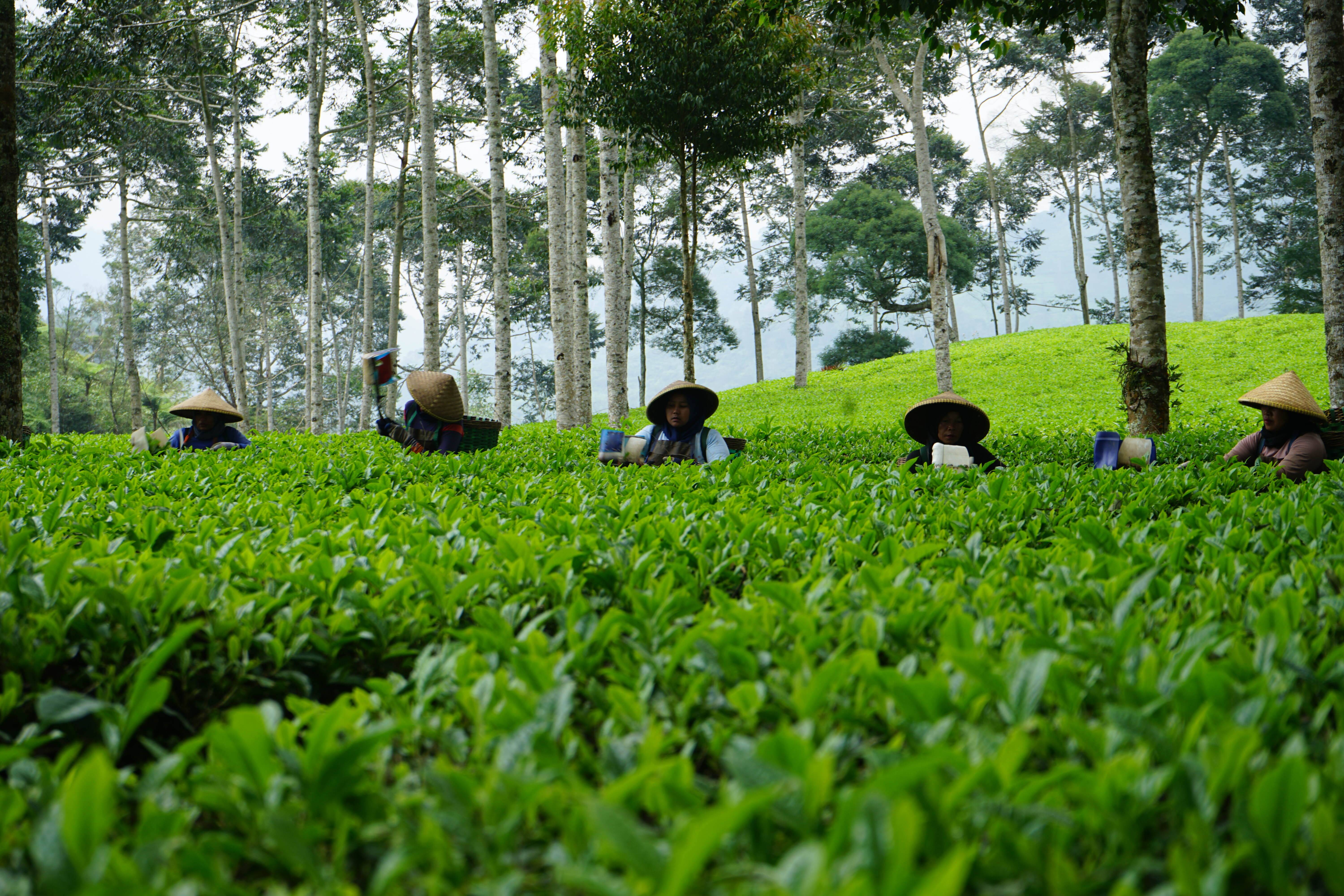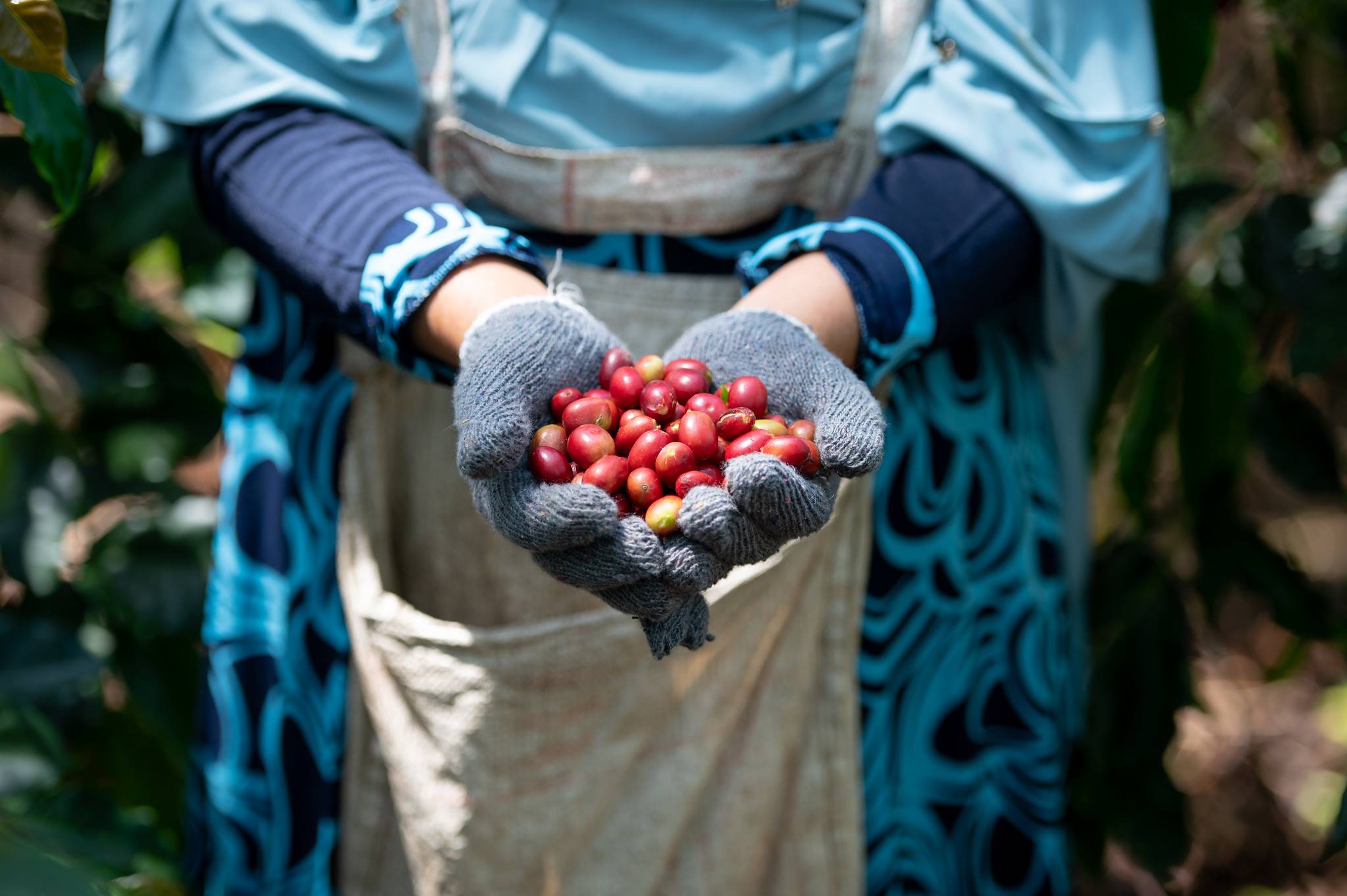
The Challenge
Key commodities associated with deforestation, such as tea, coffee, cocoa, and palm oil, have experienced a rapid increase in domestic consumption, and this is set to expand further alongside population and economic growth. While mechanisms exist to incentivize sustainable practices, such as certification schemes, these are yet to gain prominence among consumers in developing economies such as Indonesia, and domestic awareness remains low. Certification schemes such as Fairtrade, Rainforest Alliance (RA), and RSPO have become widely accepted and recognized in developed economies as means of assuring the environmental, social, and economic sustainability of products. A growing middle class, alongside high numbers of tourists, is fostering the beginning of a shift in behaviours in Indonesia, with a rising conscious consumer segment demanding more sustainable product choices. This project’s emphasis is on consumer engagement in sustainable consumption and production in the food sector, with a particular focus on promoting the consumption of sustainably produced tea, coffee, cocoa, and palm oil. By joining forces with stakeholders in the hospitality and retail sectors, the project is strategically positioned to reach a large consumer base and influence their consumption patterns.
The Objectives
Reduce the negative environmental and social impacts of domestic food consumption in Indonesia, with a focus on coffee, cocoa, tea, and palm oil. The initiative primarily targets the hospitality sector (hotels and restaurants) and the retail sector (selected supermarkets) in Yogyakarta and Bali.
More specifically, the initiative aims to achieve three key outcomes:
- Increased consumer awareness about sustainable consumption and certification, with a focus on tea, coffee, cocoa, and palm oil;
- Enhanced capacity among hotels, restaurants, and retailers to cater to the growing segment of conscious consumers and effectively communicate sustainability; and
- Strengthened enabling conditions to support the achievement of SDG 12 (Responsible Consumption and Production) in Indonesia.
The Way Forward
Enhancing Consumer Awareness and Engagement
- A comprehensive domestic market analysis will provide insights into consumer behaviour and perceptions of certified coffee, cocoa, tea, and palm oil.
- A set of tailored communication strategies will be developed to improve awareness and knowledge of certified food products.
- A consumer-facing campaign will be launched in collaboration with media and influencers, including a communication toolkit for hotels, restaurants, retailers, and individual consumers.
- Media training will be conducted to enhance the effective dissemination of sustainability messages.
- Certified and sustainable food products will be showcased at food fairs to increase consumer exposure.
- University students will be engaged in awareness-raising activities to foster long-term behavioural change.
- Media trips to production landscapes will create stronger links between consumption and production patterns.
Strengthening the Ability of Businesses to Support Sustainable Consumption
- A detailed analysis of the sourcing practices of hotels, restaurants, and retailers will be conducted to identify key gaps and opportunities.
- Industry needs and challenges in sourcing certified products and communicating sustainability will be assessed.
- Business matchmaking events will connect hospitality and retail businesses with certified suppliers.
- Coaching clinics will be held with selected retailers (e.g., Superindo, Pepito) to develop strategies for increasing certified product availability.
- Informational sessions will be organized to highlight the benefits of sustainable sourcing and certification within industry associations and businesses.
- The developed consumer campaign toolkit will be shared through networks of participating businesses to amplify its reach.
- Launch events will be held in collaboration with retailers to introduce new certified products to the market.
- Businesses will be supported in integrating producer stories into their sustainability communication efforts.
Enhancing Policy and Stakeholder Engagement for Systemic Change
- An inception workshop will be held with government officials and decision-makers to build on previous work in sustainable coffee, tea, cocoa, and palm oil.
- Active participation in the Indonesian SCP Community of Practice will strengthen collaboration and knowledge exchange.
- Government and key stakeholders will be engaged through workshops and meetings to promote project interventions.
- Best practices and tools will be shared with the UN One Planet Consumer Information Programme (CI-SCP) to contribute to global efforts.
- Policy dialogue with the Ministry of Environment and the Ministry of National Development Planning (BAPPENAS) will lead to the development of action guidelines supporting sustainable consumption and production.
- A final project conference, co-organized with ministries and a multi-stakeholder network, will disseminate project achievements and promote future actions.
Relation to European Green Deal, Circular Economy and Climate Change
The project aims to influence consumption patterns and sourcing practices towards greater sustainability, thereby contributing to the reduction of the negative environmental impacts of food consumption, such as deforestation.

